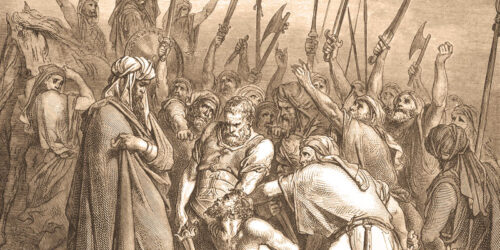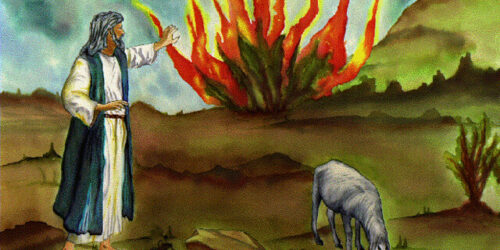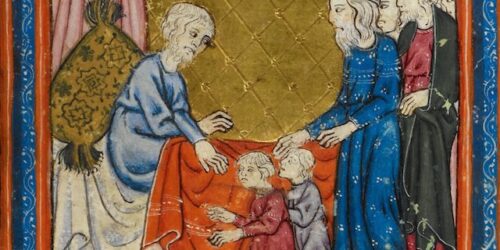Rabbi Harold Kushner once wrote:
“Ask the average person which is more important to him, making money or being devoted to his family? Virtually everyone will answer ‘family’ without hesitation. But watch how the average person actually lives out his life. See where he really invests his time and energy. He will give away the fact that he does not really live by what he believes.”
Our tradition is practical. We are judged by our actions, not our intentions. We all have impure thoughts but as long as we don’t act upon our baser instincts, we have no need for guilt or atonement. As long as our actions are good so are we. However this works both ways. While we are not held responsible for the sins we only wish to commit we don’t get credit for those things not begun. No matter how good the intention, if we don’t actually take the time to be with our children we are not parenting.
Children model their parents. This means that as parents, we must take an active role in our children’s education. We must also be the educators.
A fundamental question intrinsic to a values education is, “Who are your heroes?” How would your children answer? Who would make the list? Would it be sports figures, rock stars or actors? For that matter who are your heroes? If their list would not satisfy you would your list satisfy you? And would your children know who your heroes are? How? People often confuse the word “hero” with the word “star.” The dictionary tells us that a hero is “a person admired for their courage” while a “star is a person who “is widely known and referred to often.” A star is a person with unique talents, someone who can perform feats that very few can duplicate. They become celebrities because of this talent but they are not heroes.
I often find myself sitting with families who have lost a loved one. As I listen to their stories, sometimes there is laughter with the tears. Through these stories I can see the legacy of love and values that will survive the loss. But too often there are no stories and few values. I have stopped counting an adult child regrets their inability to have been able to talk to their parents, how many times the parent/child bond was defined by football or golf, buying clothing and shoes. I have heard too many lives encapsulated as being “impeccably dressed” or “classy.” If this is what we leave behind what footprints will be leave for those to follow?







